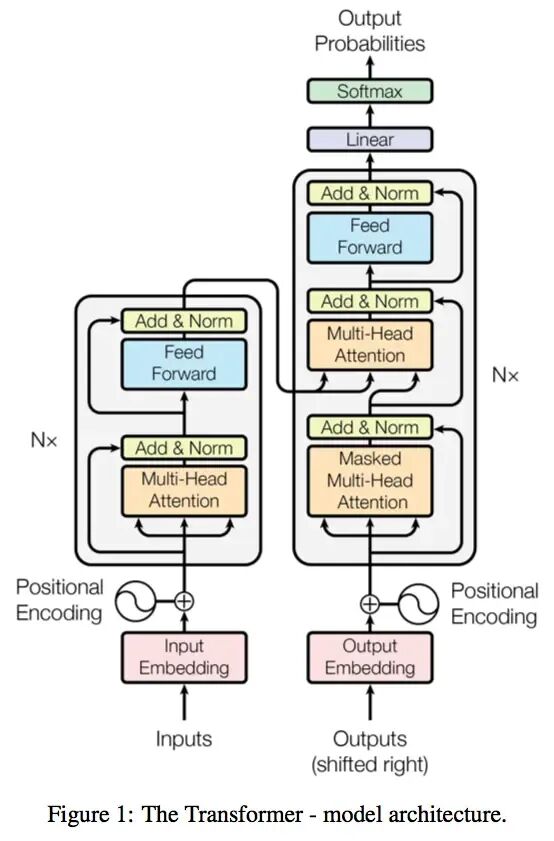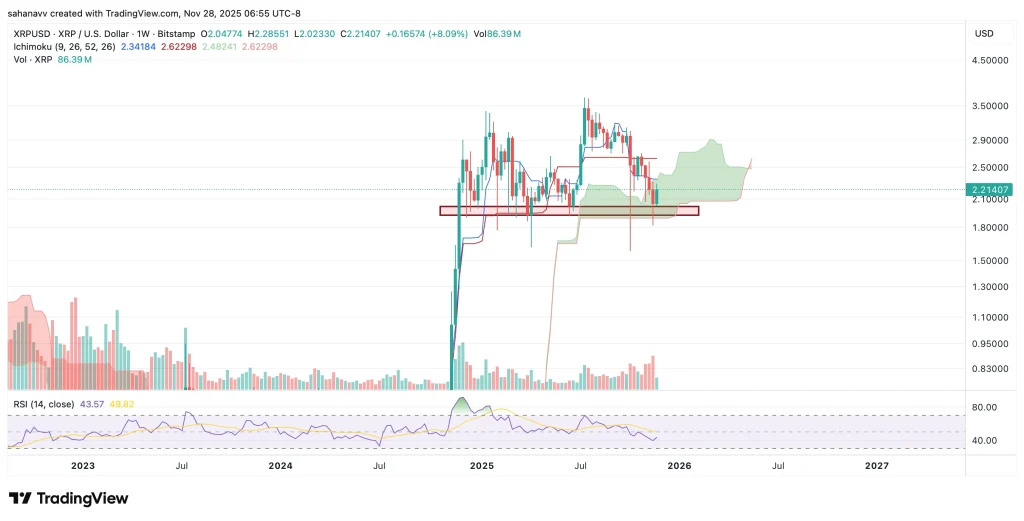Aave's Horizon Bridges DeFi and Institutional Finance with Real-World Collateral
- Aave Labs launched Horizon, enabling institutions to borrow stablecoins using tokenized real-world assets (RWAs) as collateral, achieving $50M TVL in its first day. - The platform integrates U.S. Treasuries, CLOs, and AAA-rated assets from partners like Superstate and Circle, bridging traditional finance with DeFi liquidity. - Leveraging Chainlink SmartData for real-time valuation and compliance frameworks, Horizon aims to activate $26.6B tokenized RWA market growth while ensuring institutional-grade sec
Aave Labs, the team behind the largest lending protocol in decentralized finance (DeFi) with over $40 billion in total value locked (TVL), has launched a new platform called Horizon, enabling institutions to borrow stablecoins using tokenized real-world assets (RWAs) as collateral. The platform, built on Aave’s protocol, is designed to operate around the clock, combining compliance frameworks with on-chain liquidity. On its first day, Horizon reached nearly $50 million in TVL, with over $5 million borrowed via tokenized government bonds and collateralized loan obligations (CLOs), signaling strong initial adoption of the platform.
Horizon allows institutions to access stablecoins such as Circle’s USDC , Ripple’s RLUSD, and Aave’s GHO, backed by tokenized assets from partners like Superstate, Circle , VanEck, and WisdomTree . These assets include U.S. Treasuries, institutional funds, and AAA-rated CLOs—traditional financial instruments that are now being integrated into the DeFi ecosystem. The platform aims to put idle institutional liquidity to work, which is typically locked in slower, legacy systems. Aave Labs founder Stani Kulechov emphasized that Horizon is designed to support the “growth of tokenized real-world collateral”.
Under the hood, Horizon uses Chainlink SmartData, including Onchain NAV, to automatically track the value of tokenized assets, enabling institutions to borrow stablecoins in real-time. Aave Labs also plans to integrate tools like Proof of Reserve and SmartAUM to facilitate easier risk management. The launch of Horizon includes a network of partners spanning asset managers, tokenization providers, and stablecoin issuers, further cementing Aave’s role in bridging traditional finance and DeFi.
The tokenized RWA market has grown significantly, reaching $26.6 billion, with Ethereum accounting for more than 51% of the sector. The largest vehicle in this space is BlackRock’s BUIDL fund, focused on U.S. Treasuries, with nearly $2.4 billion in assets, followed by Tether’s tokenized gold at $1.26 billion and Paxos’ tokenized gold at over $945 million. Kevin Rusher, founder of RWA lending platform RAAC, noted that the sector surpassing $20 billion earlier this year was a “strong signal,” as it was the only segment in crypto still reaching new all-time highs while most others faced heavy losses.
The launch of Horizon positions Aave, already the largest protocol with $39 billion in TVL, as a key player in institutional DeFi. By enabling institutional borrowers to leverage RWAs, Aave is expanding the scope of DeFi beyond purely crypto-native assets. The platform operates on a permissioned instance of Aave V3, integrating Chainlink’s oracle services for real-time asset valuation to ensure loans are sufficiently collateralized.
Analysts view Horizon as a significant step in the maturation of DeFi, as it introduces institutional-grade infrastructure and compliance to a previously unregulated space. With the tokenized RWA market showing strong growth, Aave’s new platform is poised to capture a substantial portion of this expanding sector. The rapid adoption of Horizon on its first day—nearly $50 million in TVL and over $5 million borrowed—demonstrates the growing demand for stablecoin liquidity backed by real-world assets.

Disclaimer: The content of this article solely reflects the author's opinion and does not represent the platform in any capacity. This article is not intended to serve as a reference for making investment decisions.
You may also like
No wonder Buffett finally bet on Google
Google holds the entire chain in its own hands. It does not rely on Nvidia and possesses efficient, low-cost computational sovereignty.

HYPE Price Prediction December 2025: Can Hyperliquid Absorb Its Largest Supply Shock?

XRP Price Stuck Below Key Resistance, While Hidden Bullish Structure Hints at a Move To $3

Bitcoin Price Prediction: Recovery Targets $92K–$101K as Market Stabilizes